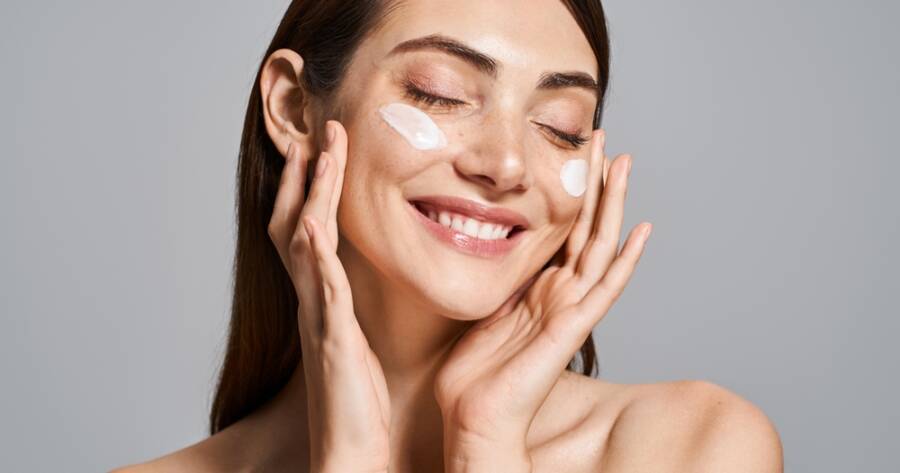Exploring the world of anti-aging products reveals a multitude of effective ingredients such as retinol, hyaluronic acid, and vitamin C that work collectively to combat signs of aging. With age-defying tools and methods, skincare routines begin taking shape as early as one’s 20s, offering tailored solutions for diverse skin needs. Discover how to make informed choices for optimal skin health.
Understanding Anti-Aging Products and Methods
In the realm of skincare, anti-aging products stand out due to their potential to slow down the signs of aging. Central to their function are active ingredients like retinol and hyaluronic acid, renowned for their ability to improve skin appearance by reducing fine lines and wrinkles. These components work by enhancing collagen production and retaining moisture, which are vital for youthful skin.
The integration of vitamin C and antioxidants in anti-aging regimens is also highly recommended. Vitamin C is recognized for its potent antioxidant properties, which help stimulate collagen production and combat free radicals, leading to a brighter complexion. Proper storage in opaque containers is essential to maintain its efficacy against environmental damage. Additionally, sunscreen usage is imperative, offering critical protection against UV rays that exacerbate skin aging.
When To Start Using Anti-Aging Products
Experts suggest the incorporation of anti-aging skin care regimens as early as one’s 20s, emphasizing proactive measures against premature aging. This early action primarily involves daily use of moisturizers and broad-spectrum SPF 30 sunscreens, safeguarding the skin against UV damage while maintaining its smoothness and elasticity as a foundational routine. Despite starting early, significant improvements are often reported by individuals in their 40s and 50s when skin aging challenges become more apparent.
The timing for using anti-aging products can depend heavily on individual skin types and concerns. While common recommendations push for early application, each skin type and the peculiar aging concerns they present could require tailored product choices for optimal effectiveness. Dermatologists generally suggest incorporating skin care items gradually and consulting professionals to prevent irritation and maximize results.
Key Ingredients in Anti-Aging Products
Retinol, or vitamin A, is celebrated for enhancing skin cell turnover, thereby reducing wrinkles and treating conditions like acne. Its introduction might initially cause skin irritation, thus, it is advisable to pair it with a moisturizer to mitigate potential side effects without overwhelming the skin.
Anti-aging products also utilize ingredients like peptides, niacinamide, and various acids to address specific skin issues. Peptides are crucial for stimulating collagen production, while glycolic and hyaluronic acids provide exfoliating and hydrating benefits. These ingredients serve to plump the skin and smooth out fine lines, making minor improvements noticeable.
Lifestyle Factors that Influence Aging
Beyond topical applications, lifestyle choices play a significant role in preventing premature aging. Good habits such as wearing sunscreen, maintaining a balanced diet, and avoiding smoking and excessive alcohol can help preserve skin health. Gentle cleansing and protection against environmental aggressors also form critical elements in maintaining skin integrity and youthful appearance over time.
Quitting smoking, specifically, enhances skin tone and texture by improving blood flow, which nourishes essential fibers like collagen and elastin. These fibers are vital for maintaining skin elasticity and strength, thus preventing sagging and wrinkles, as smoking negatively impacts these components.
Tailoring Anti-Aging Routines for Individual Needs
Personalizing an anti-aging regimen to suit individual skin concerns and types is vital. Recognizing whether skin is oily, dry, or sensitive can guide product selection, ensuring it maximizes benefits while minimizing irritation in achieving the best results. Products designed for specific skin types often indicate higher efficacy and safety.
Furthermore, understanding product labels and setting realistic expectations about the outcomes of anti-aging products is important. Although these products provide modest benefits, they do not deliver drastic results akin to surgical procedures. Consistency in application enhances their efficacy in improving skin health and appearance over time.
Why You Should Learn More About Anti-Aging Today
The landscape of anti-aging products offers numerous options that cater to diverse skin needs and concerns. By understanding essential ingredients and the science behind them, as well as implementing lifestyle changes, it is possible to significantly slow down the visible signs of aging. Leveraging the advice of dermatologists and adhering to tailored skincare routines ensures a comprehensive approach to maintaining youthful skin. Staying informed about anti-aging methods not only helps in selecting effective products but also encourages healthy lifestyle habits, contributing to overall skin health.
Sources
Scientific Insight into Anti-Aging Ingredients
Effective Anti-Aging Skincare Routine
Evaluating Nonprescription Wrinkle Creams

